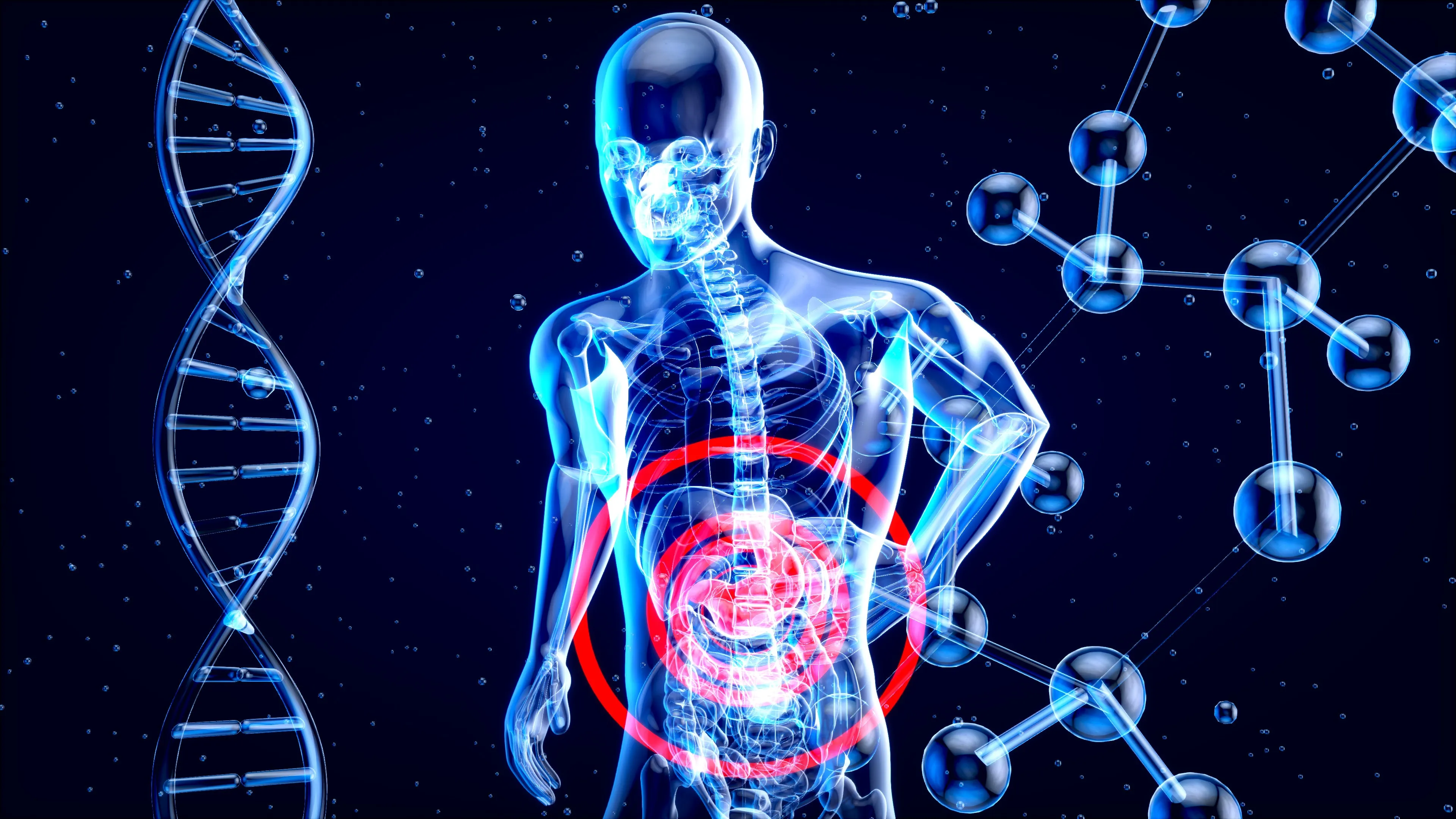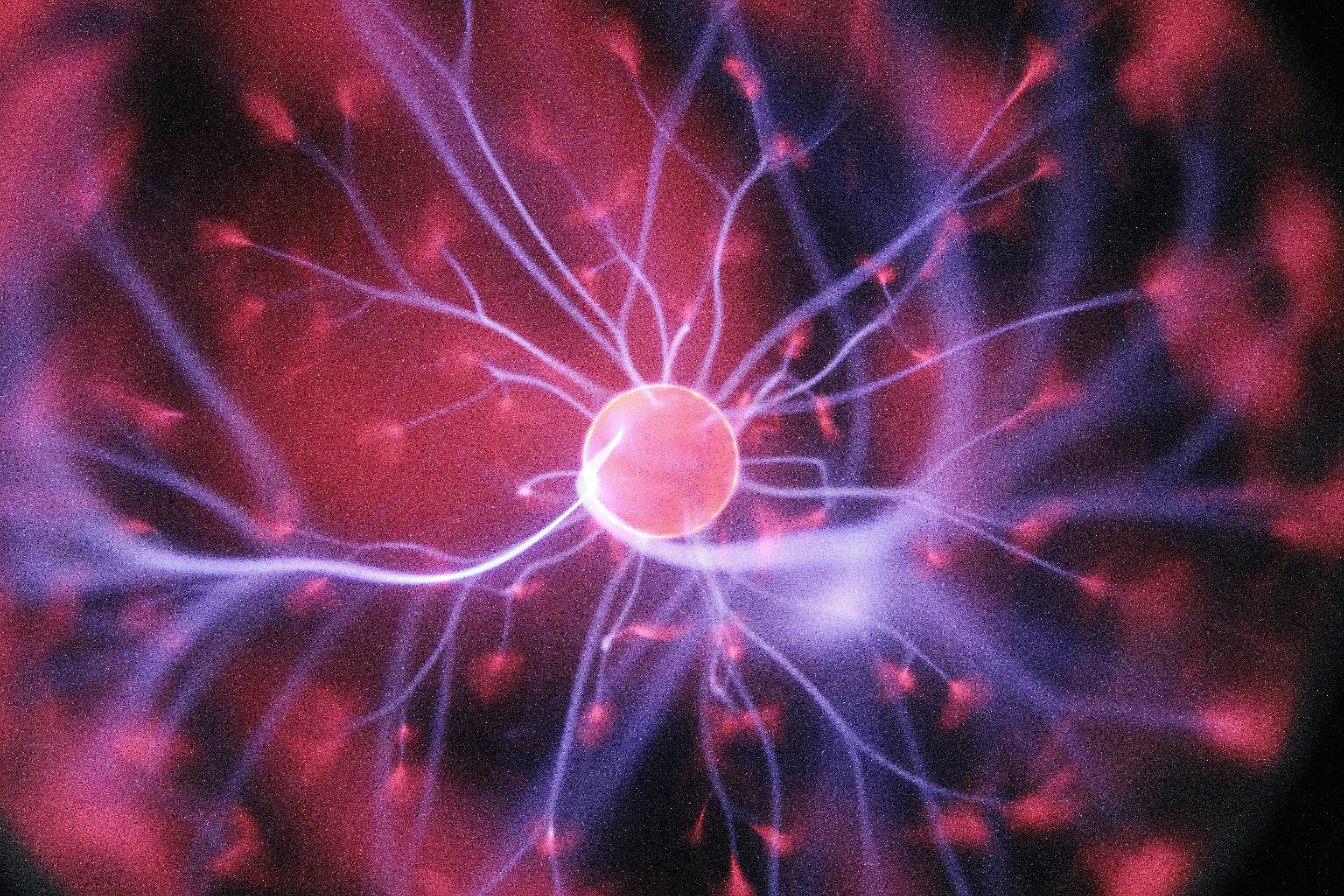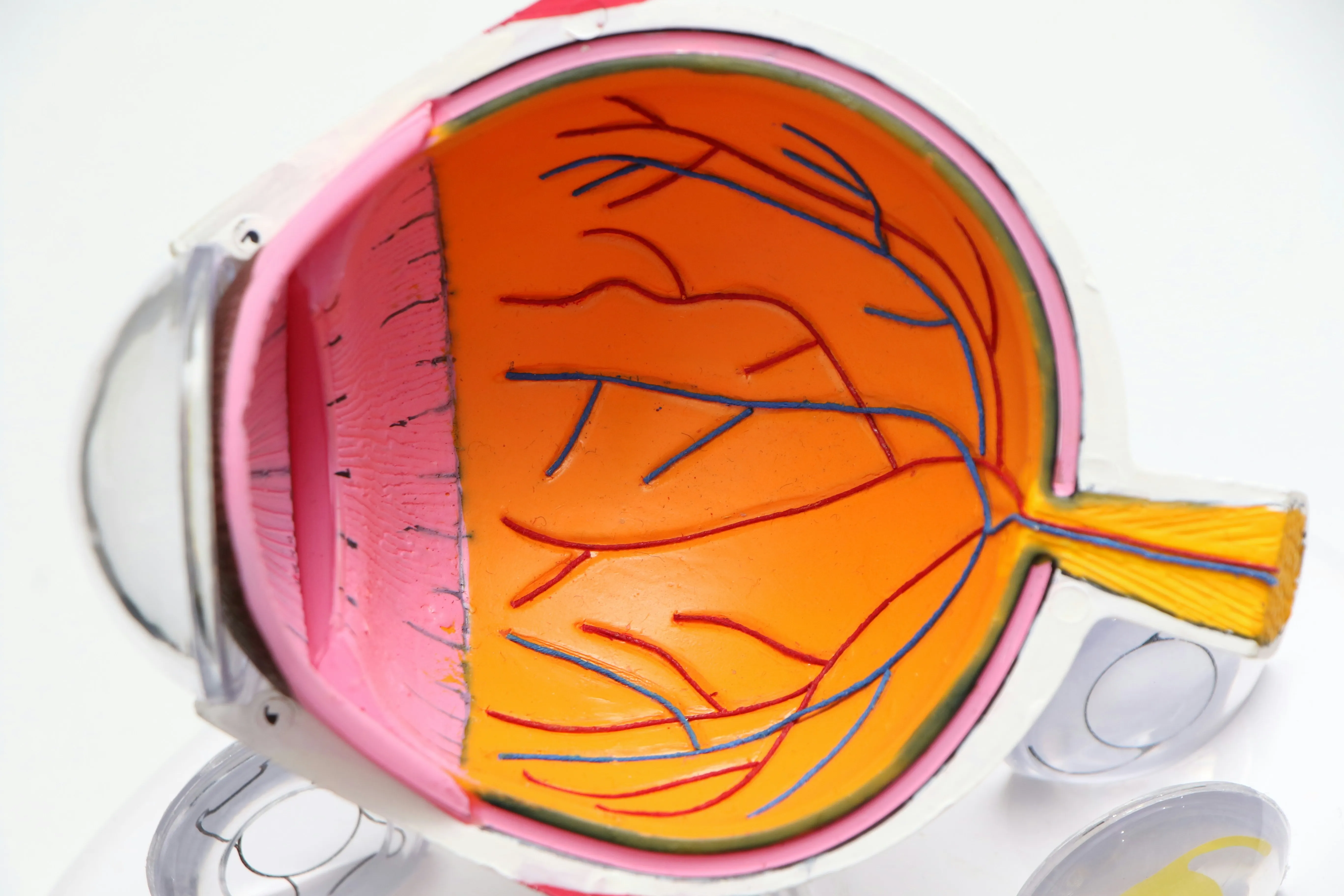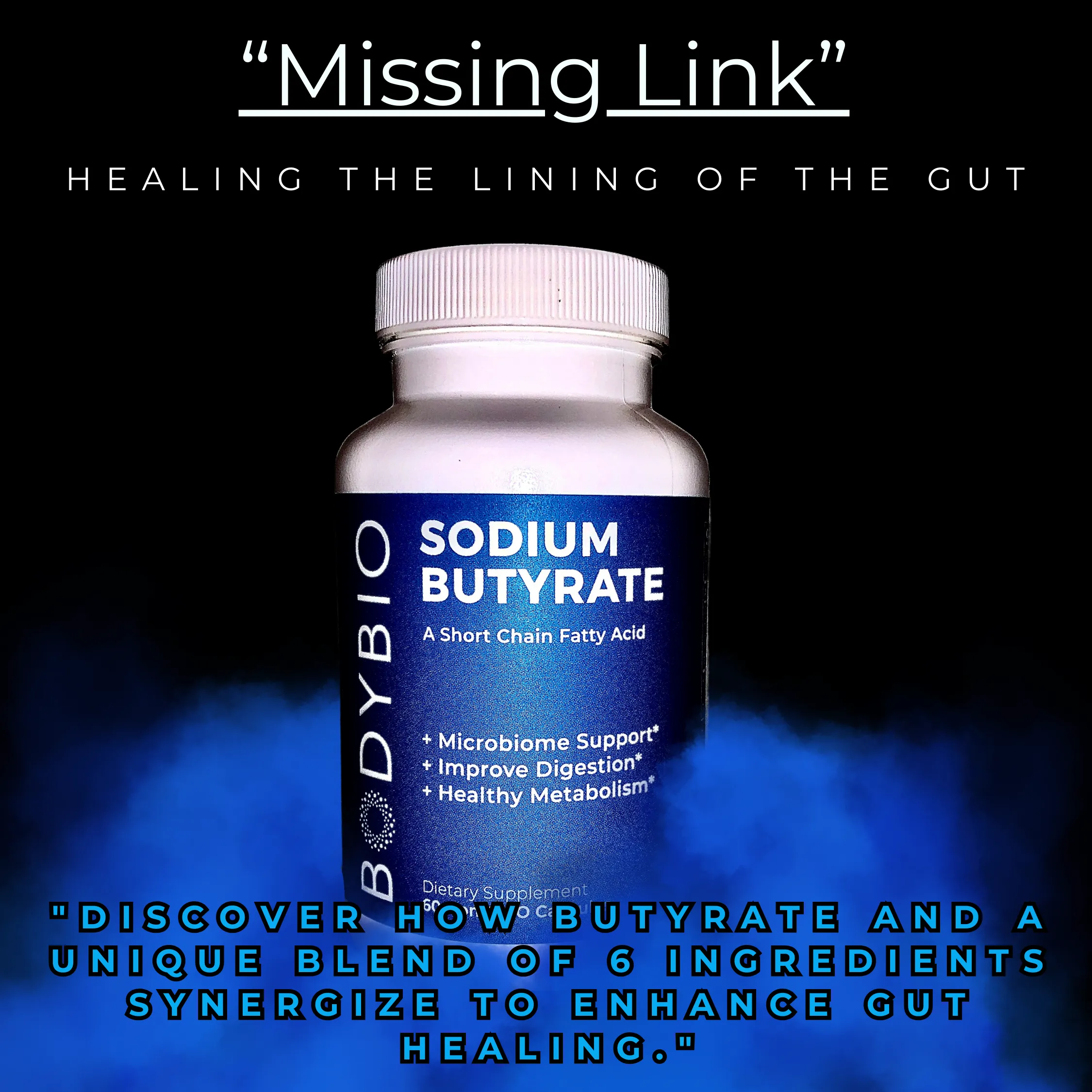Understanding Leaky Gut

What is Leaking of The Gut
Leaky gut, scientifically referred to as increased intestinal permeability, is a condition characterized by the presence of small openings or perforations in the delicate lining of the small intestine. This disruption in the integrity of the intestinal barrier can result in a cascade of consequences, potentially leading to inflammation throughout the body and contributing to various health issues.
The compromised lining allows substances like toxins, undigested food particles, and even parasites to leak into the bloodstream. This intrusion triggers an immune response, potentially causing symptoms such as fatigue, joint pain, headaches, and digestive discomfort. Moreover, the systemic inflammation associated with leaky gut has been linked to a range of chronic conditions, including autoimmune disorders and allergies.
It's crucial to recognize that the information provided here is intended for educational purposes only and should not be considered a substitute for professional medical advice. "What ever that means to you" ?
If you suspect you may be experiencing symptoms related to leaky gut or have concerns about your digestive health, it is imperative to consult with a qualified healthcare professional. If you choose not to, then you need to implement "process of elimination" and start narrowing down the cause because you already know the effects. Be sure to check out a short digital book that gives you 6 ingredients and a 30 day gut reset that has helped countless people in healing their gut.
But remember, these people did not have chronic symptoms. If you do have these chronic symptoms then you must follow up with a doctor of choice. They can conduct appropriate diagnostic assessments and work with you to develop a personalized treatment plan to address your specific health needs.
Occurrence of Leaky Gut,
Causes and How to Heal the Gut
The development of leaky gut can be influenced by various factors, including diet. One specific component that has gained attention in recent years is lectins. Lectins are proteins found in many plant-based foods and are known to bind to carbohydrates, potentially causing irritation and damage to the intestinal lining. While some lectins are relatively harmless, others can contribute to gut permeability when consumed in large quantities or by individuals who are particularly sensitive.
It is worth noting that completely avoiding lectins in the diet is extremely challenging, as they are present in numerous commonly consumed foods. Some examples of foods that contain lectins include legumes (such as beans, lentils, and peas), grains (like wheat, barley, and rice), nightshade vegetables (such as tomatoes, peppers, and eggplants), and certain fruits and nuts. However, it is important to remember that lectins are not inherently harmful to everyone and that individual tolerance can vary.
Managing Lectin Consumption
To support a healthy gut and reduce the potential impact of lectins, there are some practical steps you can take:
- Diversify your diet: Instead of relying heavily on foods that are high in lectins, aim for a balanced and varied diet that includes a wide range of fruits, vegetables, whole grains, lean proteins, and healthy fats. This approach ensures you obtain a broad spectrum of nutrients while minimizing the overconsumption of specific lectin-rich foods.
- Properly prepare lectin-rich foods: Certain cooking and preparation methods can help reduce lectin content in foods. For instance, soaking and sprouting legumes and grains or fermenting foods like sourdough bread can diminish lectin levels and enhance digestibility.
- Prioritize gut health: Focus on maintaining a healthy gut environment by including probiotic-rich foods (such as yogurt, kefir, sauerkraut, and kimchi) in your diet. Probiotics can help promote a balanced gut microbiome, which plays a crucial role in overall digestive health.
- Consider an elimination diet: If you suspect lectins or other specific dietary components are causing gut-related symptoms, you may consider trying an elimination diet under the guidance of a healthcare professional. This approach involves temporarily removing potentially problematic foods and reintroducing them gradually to identify personal sensitivities.
Additional Information and vitamins to help:
Website with alternative healing-1,313 hours of research data
Website plus website: Family owned vitamin Company in the United States:
https://bodybio.blobofblogs.com
Digital Book on "Happiness and Joy Derives from a Healthy Gut
https://blobofblogs.groovepages.com/leakygut
Monthly News Letter in regards to "Alternative Healing"
Conclusion:
Absolutely, individual responses to lectins and gut health can vary significantly. It's crucial to pay attention to your body, noting how different foods make you feel, and seeking advice from a healthcare professional if you have specific concerns regarding your gut health or suspect you may be dealing with leaky gut. Taking a personalized and balanced approach to nutrition is key in supporting overall well-being and mitigating the potential effects of lectins on your digestive system. Remember, your body's signals are unique, and collaborating with a healthcare professional can help you tailor your dietary choices to promote optimal gut health.
Presented by:

hashtags: #1gutcleanse #leakyguthealing
















